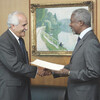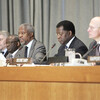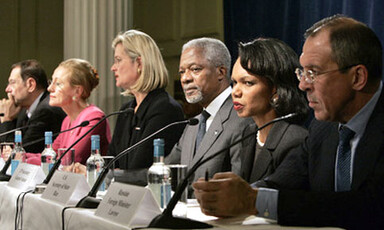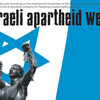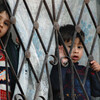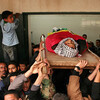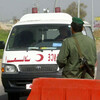
EI speaks about Palestinian elections on Flashpoints
26 January 2006
Pacifica Radio’s Flashpoints reports on the global spotlight which is now shining on Hamas as they upstage the Fatah movement and the old guard in occupied Palestine. Flashpoints speaks with its special correspondents in the West Bank and Gaza, and Ali Abunimah of the Electronic Intifada about the significance of the Hamas upset. Yesterday, Palestinians went to the polls to elect 132 members of the Palestinian Legislative Council. Council members will choose a cabinet to serve with Palestinian Authority president Mahmoud Abbas. Hamas with its list of Change and Reform obtained 74 seats, the Fatah Movement obtained 45 seats; PFLP obtained 3 seats and the Alternative, Independent Palestine and the Third Way received each 2 seats and the Independents list obtained 4 seats. Read more about EI speaks about Palestinian elections on Flashpoints
